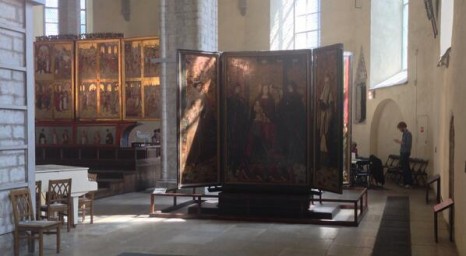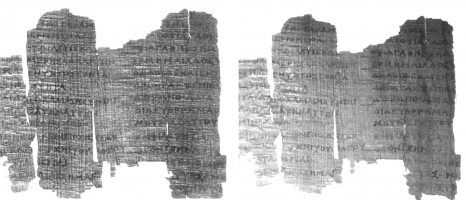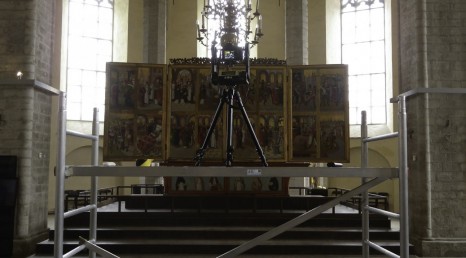
Aerial Photogrammetry at Portus
In the previous post by Stephen Kay on Unmanned Aerial Vehicles at Portus he discussed the work that has been completed on site in terms of capturing aerial photography. Aerial photography plays a significant part within the understanding of any archaeological site and this is especially true at Portus.
Continue reading →





